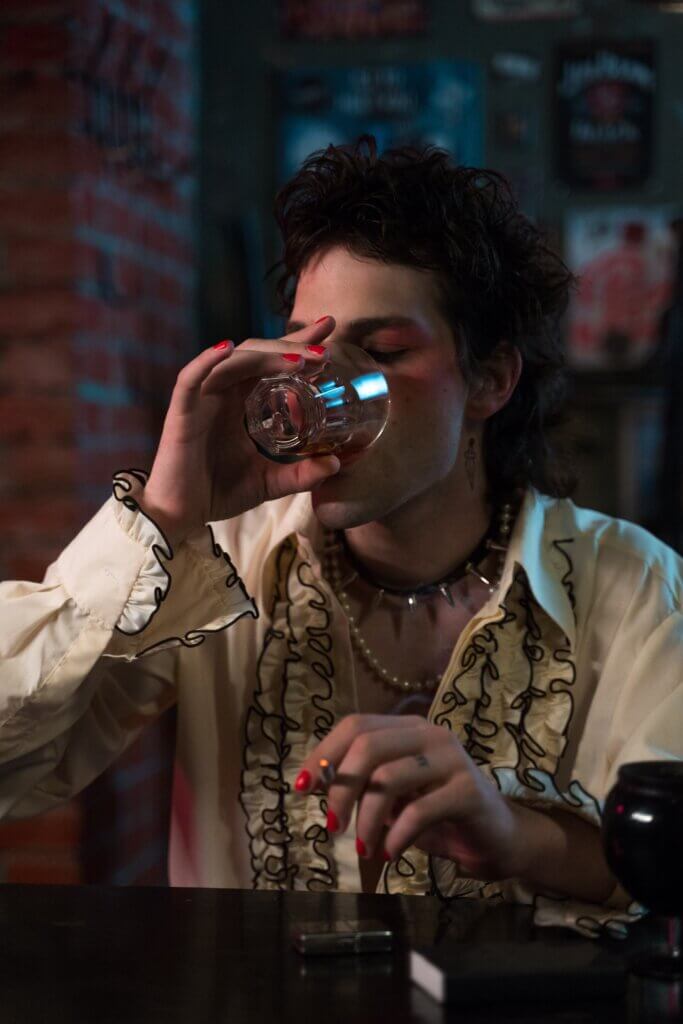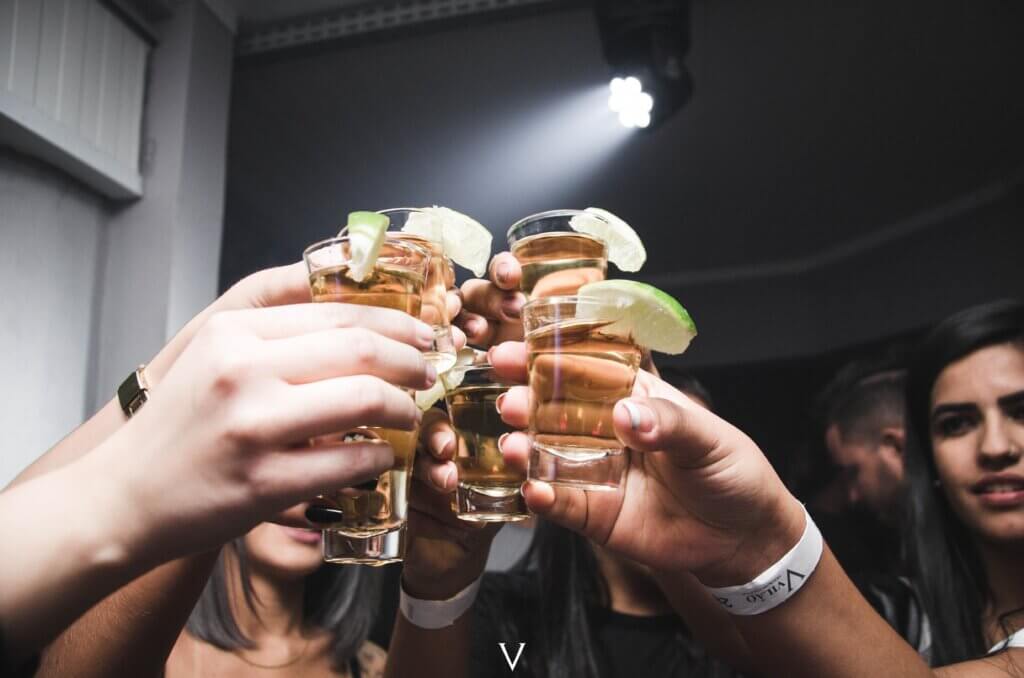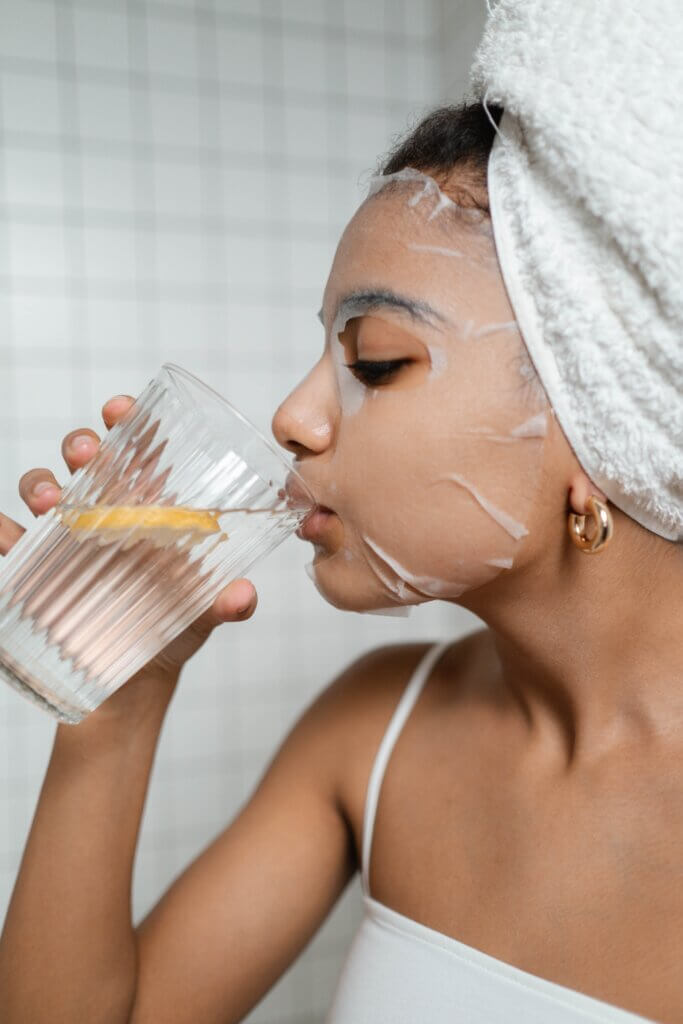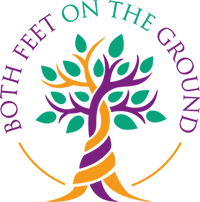
Smoking while drinking
Have you managed to cut back your smoking but still find yourself reaching for cigarettes after a few drinks?
You’re not alone: alcohol is a ‘trigger’ my clients mention to me often as a smoking cessation hypnotist. For some people, just the thought of boozy lunches or fun nights out can be enough to frighten them in to not trying to stop smoking. For many, the fear becomes reality: people often have alcohol in their system when they relapse after a period of being smoke-free.
But why is alcohol such a challenging trigger?
Nicotine and hydration
When we are hungry or thirsty, our bodies send bio-chemical messengers to signal that we need to eat something or hydrate ourselves. It’s one of many clever feedback systems that have historically helped helped humans sense, anticipate and take care of our physical needs. But nicotine is able to relax these bio-chemical messengers that signal hunger or thirst without you actually having drunk any water or eaten anything, effectively tricking your body in to feeling as if you have.
Alcohol is dehydrating, so after a few drinks, your body will be trying to let you know that it’s time for some water. But if you are addicted to nicotine, there’s a good chance your brain will mis-read the signal and give you an urge to smoke instead.
We all know how easy it is to reach for junk food when you’re hungry and should really be having a proper meal. It’s similar if you’re a smoker (or recently were one): it’s easy to reach for cigarettes instead of water when you’re drinking because your brain just can’t tell the difference!
A good way of preventing this is ensuring you get a glass of water with every second or third drink and if at all possible, make sure you are able to get some food while you’re drinking to avoid consuming lots of alcohol on an empty stomach. Often, this should be enough to avert the desire to smoke and allow you to enjoy your evening without cravings.
I talk a lot in my smoking cessation hypnosis sessions about how important it is to stay on top of taking care of yourself if you’re going to be drinking alcohol soon after you first quit smoking. Taking these precautions will make life so much easier and reduce the risk of an unwelcome appearance from the ‘nicotine voice’ in your head. Think of it like waiting for paint to dry before touching it.

Alcohol and other emotions
Horrifyingly, nicotine addiction can cause much more personal kinds of disruption too. In smoking cessation hypnosis sessions, I often find my clients talk a lot about their fondness for cigarettes and how it justifies their continued smoking. ‘It’s a friend that helps me cope with life when it’s bad and enjoy it when it’s good’ they often say (or things to this effect). They also talk about smoking while drinking feeling particularly pleasant and enhancing parties or buzzing social atmospheres.
In 1949, brilliant neuropsychologist Donald Hebb observed that neurological experiences happenig simultaneously create memory associations. ‘Neurons that fire together, wire together’, he said, and this understanding has informed, in one way or another, all modern neuroscience research and therapy modalities. Unfortunately, this also applies to unpleasant or unwelcome associations too, which can contribute to things like addiction. When you first start smoking, your brain is busy quietly wiring these new associations with nicotine and turning you in to a smoker (that is, someone who has become wired to seek out and smoke cigarettes). Because of the way it affects certain chemicals in the brain, it’s very easy for people to develop associations between their smoking and emotions like enjoyment, comfort, loneliness or sadness. These associations are mostly subconscious, which means you often feel prompted to light up whenever you feel any of those emotions.
And as we all know, drinking alcohol changes the way you experience emotions and feelings, as well as the way you act on them. It can intensify feelings like the ones mentioned above, and also diminish the drinker’s ability to take a considered, balanced approach to them. The result is that people can feel intensely, sloppily emotional quite quickly, feeling things they wouldn’t normally feel and behaving in ways they ordinarily wouldn’t.
If you are trying to cut back on cigarettes or have recently quit them then it’s fairly likely you still have sosubconscious romantic associations with cigarettes – even if you’re not aware of these when sober (and unless of course you’ve consciously reversed them). Once alcohol has diminished the helpful barrier of your rational thinking, these emotions and feelings might start to spill out and re-activate all the subconscious associations and before you know what’s happening, you find yourself with an intense cigarette craving.
It’s worth noting that subconscious associations are also the what makes you do things like text your ex when you drink too much. Well, now you know!
As a smoking cessation hypnotist, I always want to get to the roots of my clients’ emotional associations with nicotine. Once we have done this, we can reverse them and promote healthier self-care instead. The result is that the smoker usually loses the desire to smoke quite quickly, even when they are drinking! It can sometimes take a little while for the work to settle deeply in the client’s subconscious mind, so I encourage them to be cautious if they decide to disrupt their brains with alcohol or drugs in the weeks following the session.

Sometimes self-care looks like this, but it’s different for everyone. What things do you do to take time for yourself?
An invitation to practice better self-care
If you struggle with wanting to smoke when drinking, then It’s possible your attraction to cigarettes after alcohol is caused by one, or both of the reasons above.
To give yourself the best chance of staying smoke-free, it’s worth drinking water and making sure you’ve have enough to eat while you’re out partying. And if alcohol makes you feel the strong emotional pull of nicotine, it could be worth inquiring in to these feelings and cultivating ways of managing them without cigarettes, or better yet, heal them completely.
Can a smoking cessation hypnotist help with wanting to smoke while drinking?
I aim to get the root of the client’s issue in sessions in order to give them the best chance of staying nicotine free for the rest of their lives. I use hypnosis to find and reverse all a client’s psychological romance to nicotine so they can return to their natural state: that of a non-smoker. Clients usually find they feel relaxed in the weeks following the session and don’t feel any of the stress or anxiety associated with quitting with will-power. If there is any emotional heavy-lifting to be done, I try to identify it and do it in the session so clients are free to enjoy themselves with a few drinks in the days following the session if they really want to.
I’m Leo, and for 6 years I’ve been helping successfully break free from nicotine addiction for good. I offer my smoking cessation hypnosis service in-person in Camden, London and also online via Zoom or Skype. Please book a Discovery call if you’re interested in working together so we can discuss your needs.

